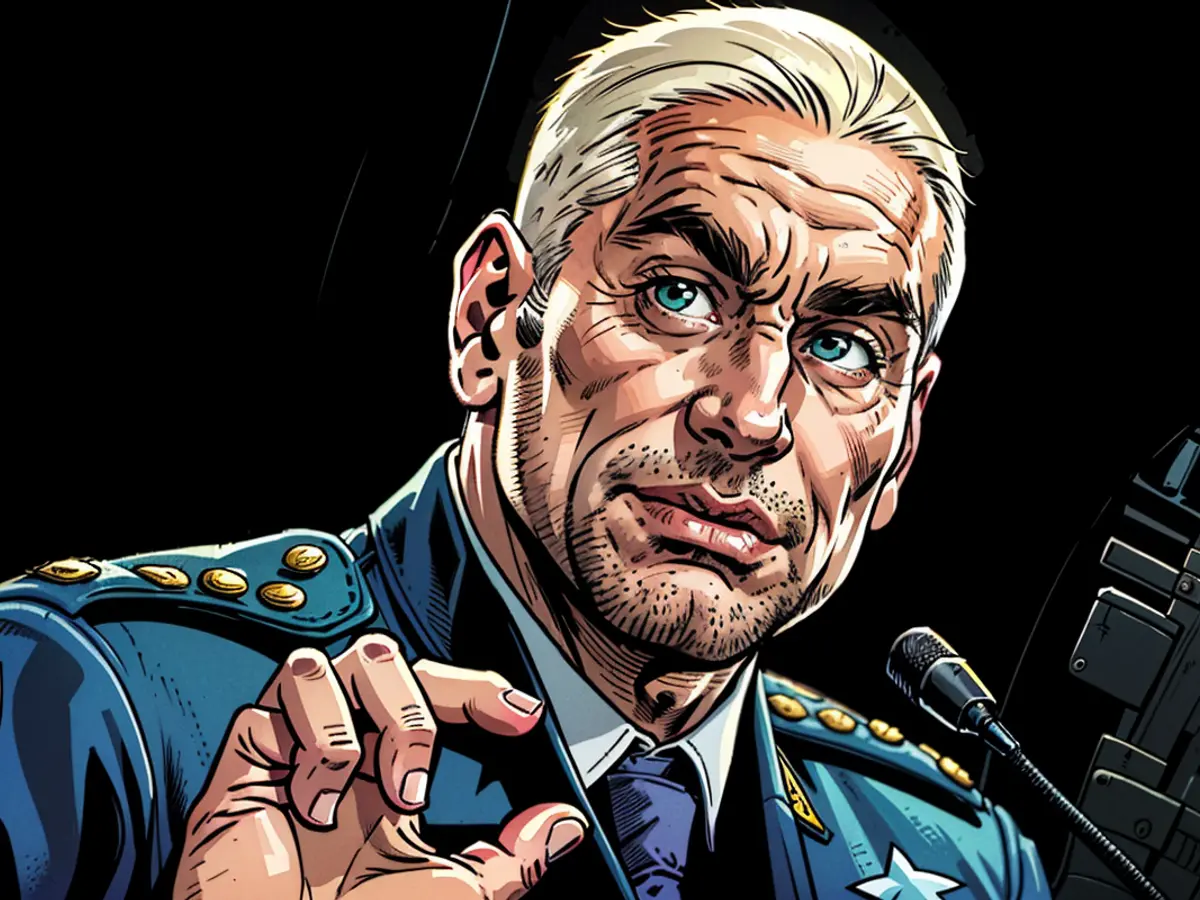NATO Leader Warns: Russia Transforms into a Significant Threat or Challenger
Despite potential losses in the Ukraine conflict, General Christopher Cavoli, NATO's top commander, believes the Russian military will emerge as a formidable adversary. "Following the conclusion of the Ukraine war, regardless of how it shapes up, the Russian military will be stronger than it is now," Cavoli stated to Spiegel. NATO can't afford to underestimate Russia's military prowess. "Russian forces are learning, evolving, and incorporating lessons from the war," Cavoli noted.
Cavoli urged NATO to act swiftly in response to this threat. Russia will pose a dangerous opponent with significant military capabilities and a clear intent, he warned. "We need to be ready and have forces capable of standing up to them," the US general insisted.
Cavoli pointed out that NATO's new defense strategies and the additional demands that stem from them must be implemented as soon as possible. "When I say fast, I mean faster than the Russians," the four-star general stressed.
"Two percent is not enough" - but a "minimum"
As commander, Cavoli has been developing new defense strategies for NATO over the past two years. From these, specific military requirements for individual NATO countries are now being derived. "NATO as a whole needs to significantly boost the military capabilities of its forces," Cavoli said. He and Inspector General Carsten Breuer called for higher military spending by individual member states in their joint interview.
Cavoli argued that the traditional two-percent target set by NATO is no longer sufficient. "When we present the particular military requirements for each country, all NATO partners will acknowledge that two percent is not enough," said the US general. "For me, two percent is simply the minimum."
Breuer emphasized that the implementation of the new defense strategies is a military necessity. "There is no alternative to these strategies and their execution," Breuer stated. Discussing the threat or the need for sufficient military means is not an option, he added. The Kremlin considers Germany an adversary.
Cavoli firmly believed that NATO's traditional two-percent target for military spending among its members was no longer sufficient in light of evolving threats. "Two percent is not enough," he emphasized, referring to the specific military requirements derived from the new defense strategies. Moreover, he considered this figure to be merely the "minimum" required for NATO's collective security.








